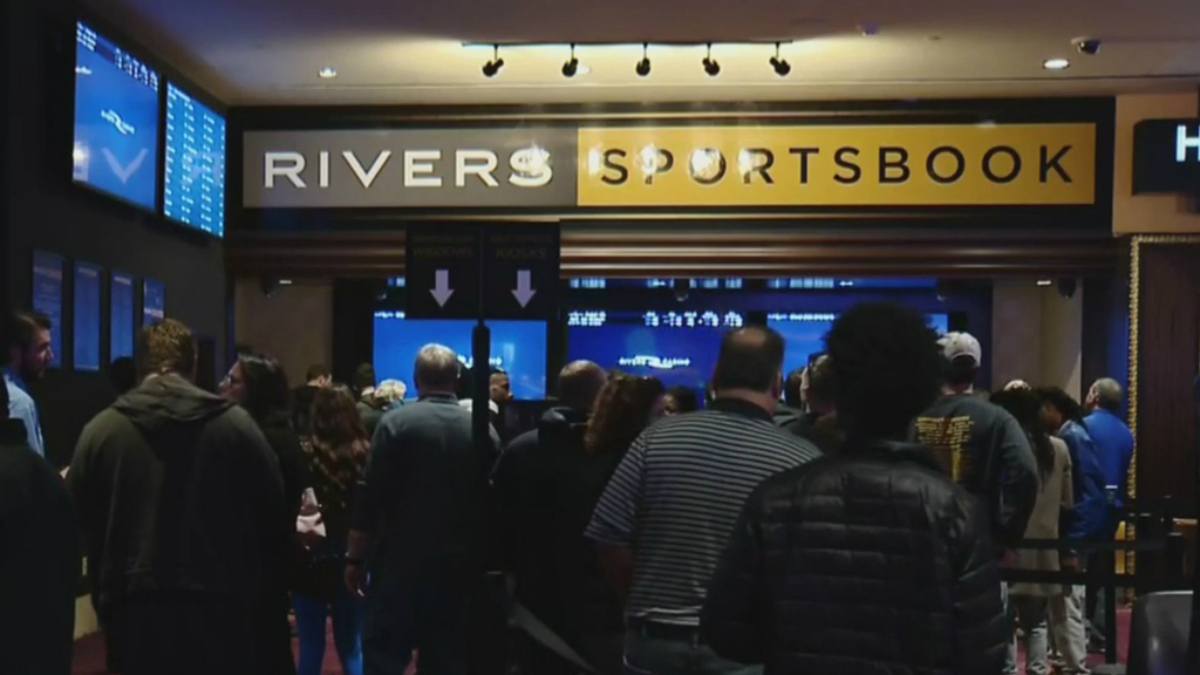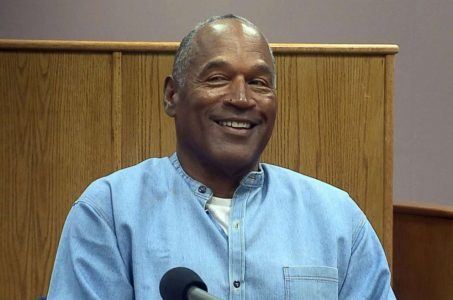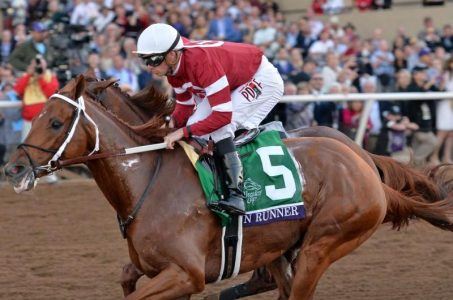American Gaming Association Says Legal Sports Betting Hurting Local Bookies
Posted on: July 21, 2020, 08:19h.
Last updated on: July 21, 2020, 10:19h.
The American Gaming Association (AGA), the gaming industry’s leading lobbying firm in DC, says the expansion of legal sports betting in the United States has resulted in illegal bookies taking less action.

According to a survey conducted by Heart + Mind Strategies for the AGA, the average spending with illegal bookies has tumbled some 25 percent in states that have legalized sports betting. The most influential factors in a sports bettor moving from an unregulated bookie to a legal platform were confidence in having winning bets paid (25 percent), an awareness of legal options (20 percent), and a desire to use a regulated book (19 percent), according to the study.
We’ve known for a long time that Americans like to bet on sports. This research affirms their interest in moving toward the protections of the legal market,” AGA President and CEO Bill Miller said.
“Giving consumers convenient alternatives to the illegal market, like regulated mobile offerings and competitive odds, is key for getting bettors to switch to legal channels,” Miller continued.
Heart + Mind Strategies says it surveyed 3,451 American adults between December 2019 and January 2020. The research firm did not provide a margin of error for its report.
Betting Evolution
The US Supreme Court ruled in May of 2018 that the Professional and Amateur Sports Protection Act (PASPA) of 1992 violated anti-commandeering interpretations of the Constitution’s Tenth Amendment.
PASPA banned full-scale sports betting everywhere but Nevada, as the Silver State had legal sports betting operational at the time of the federal bill’s passage. PASPA also provided exemptions for Delaware, Montana, and Oregon, as those states had sports lotteries (parlay betting).
Seventeen states, plus DC, have since joined Nevada in offering sports betting. Four more states are expected to join the legal market in the coming months.
There were concerns that older generations who have been betting with their bookie for decades would be hesitant to join a legal operation. But Miller says the study shows that a substantial segment of the illegal market is going legal.
“Bettors overwhelmingly prefer legal operators, with 74 percent saying it is important to only bet through legal providers,” said an AGA release.
Offshore Not Legal
The American Gaming Association has been on a campaign seeking to discredit offshore sportsbooks — aka websites that are based in foreign countries that accept wagers from US citizens.
Miller said in May that it’s important that the media stop referencing offshore, unregulated sportsbooks. The gaming industry lobbyist says such references legitimize the unregulated market, with customers unknowingly conducting business with an illegal enterprise.
“Illegal, offshore operators continue to take advantage of unknowing consumers,” continued Miller.
This only worsened during the sports shutdown, with unregulated bookmakers offering odds on everything from the weather and shark migration patterns to whether your friends’ marriage will survive the pandemic.“
“The AGA is focused on educating customers on how to wager legally and the dangers of the illegal market, especially with the return of the MLB and NBA this month,” he concluded.
Related News Articles
Breeders’ Cup Investigating Betting Challenge Results Following Criticism
Most Popular
Mirage Las Vegas Demolition to Start Next Week, Atrium a Goner
Where All the Mirage Relics Will Go
Most Commented
-
Bally’s Facing Five Months of Daily Demolition for Chicago Casino
— June 18, 2024 — 12 Comments
















No comments yet